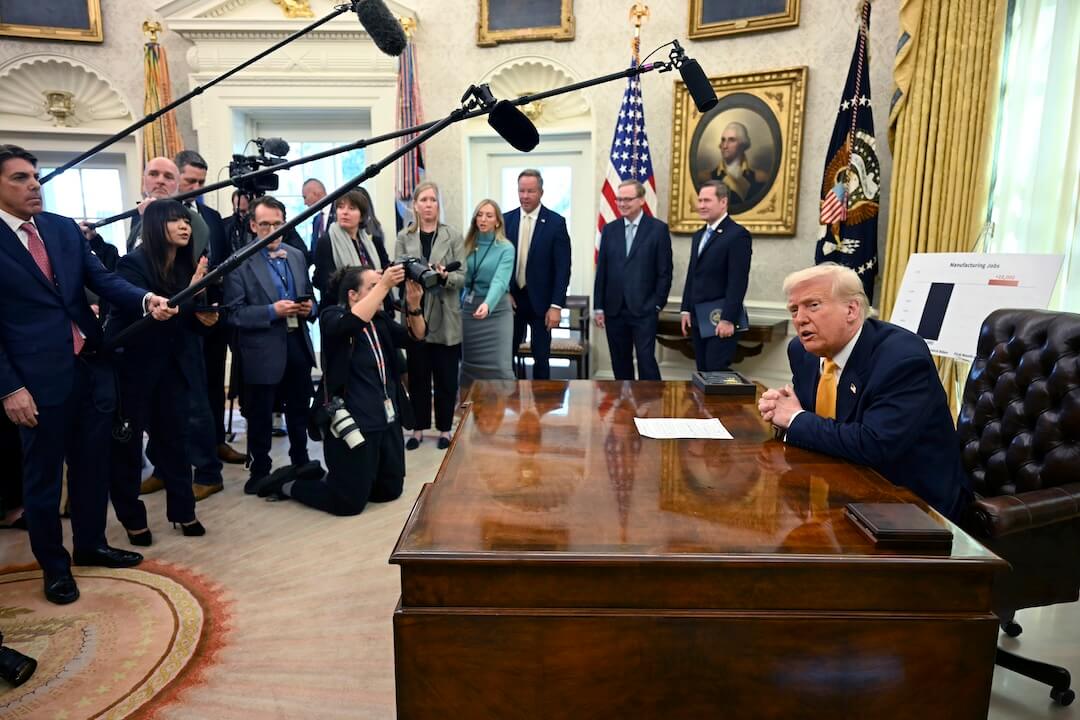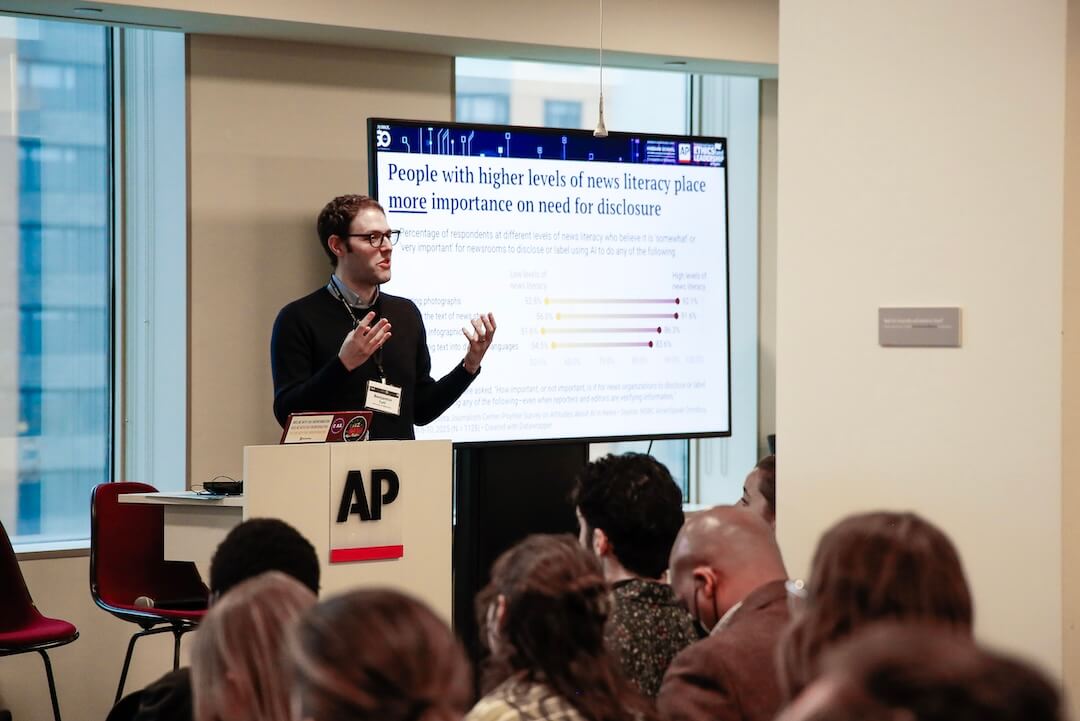This is part of a series of Q and As with leaders at news organizations. I asked leaders to think about the challenges they face in their news organizations and to share guidance and advice. Whether your news organization is small or large, a start-up or more than 100 years old, the issues are often the same. This series on managing change in a newsroom was supported by Democracy Fund, and is co-published with Poynter.
Subscribe to Democracy Fund’s Local Fix newsletter for more of the best writing, ideas, and tips for those working in local news in your inbox every Friday.
Chris Krewson is the founding editor of Billy Penn, which launched in Philadelphia in October 2014. He’s a Pennsylvania native with Philly in his blood. He has worked as executive editor, online at The Philadelphia Inquirer, as well as The (Allentown) Morning Call and the Centre Daily Times, as well as stints in Los Angeles at both Variety and The Hollywood Reporter. He’s a graduate of Penn State University.
Billy Penn launched with a newsroom of four from a cramped conference room on Temple University’s campus, an experiment from veterans of The Washington Post, The Philadelphia Inquirer, Digital First Media, the Pittsburgh Post-Gazette, Newsworks/WHYY and more. Almost three years later, Billy Penn’s full-time staff is 11 – the first site in a budding empire that includes The Incline in Pittsburgh, and Denverite in the Mile High City. All told, Spirited Media employs 26 full-time people. Twenty one of them are journalists.
We all learn from watching others. Give me a leadership lesson you learned from observing someone else?
This is my sixth newsroom, but my first as the top editor. The interactions that have stuck with me from each of the stops along the way were imbued with logic.
I respected most when a leader would not just communicate a decision, but talk about why it mattered – what the strategy behind a particular tactic was. I appreciated being let in on the decision, being treated like a peer rather than a subordinate. There was never a question of who was in charge; rather, seeing my editor’s logic in play helped me understand the mission of the organization.
Related Training: 2017 Innovation Tour: Inside America’s Leading News Organizations
Put yourself in the shoes of a start-up news organization. What advice would you give to build the needed culture?
This, actually, is the role I’m in. At every newsroom in which I’ve had digital roles – from Allentown to Philadelphia to Los Angeles – I’ve understood that it was an important part of the mission; in none of those places was digital the entire mission.
This clarity of mission means nothing is more important to our teams than figuring out how to find an audience for your work, then figuring out how to build on it. Everyone is rowing in the same direction, focused squarely on what users and readers could want, and delivering it in a way that is respectful of their time and attention. So it’s that – focus on your readers, start thinking about ways that you can solve their problems, and act on that.
When someone is given a role supervising people for the first time, what is one piece of advice you would provide?
Listen. Use your ears, use the skills that newsrooms are great at instilling for finding the “why” behind whatever your direct report is telling you. And after that, starting one-on-one meetings by asking the person you’re addressing what they’re after, what they want, has been illuminating.
When hiring, what are the attributes that would be at the top of your list?
We look for storytellers who can collaborate. Our first two hires at Billy Penn turned out to be a pair of rock star reporters who have worked singly and collaboratively over our few years of existence – so we interviewed two people for the same job at the same time, and then hired in our second city, Pittsburgh, in the same way. (Note: This works best when there are two jobs to be had; it’s less Survivor-y.)
Readings that helped Chris as a leader: “The Innovator’s Dilemma” by Clayton Christensen and “Newspapers and Thinking the Unthinkable” by Clay Shirky.
Are there other leaders we should highlight in this and future series? Tweet your suggestions to @TheLocalNewsLab and @Poynter.






